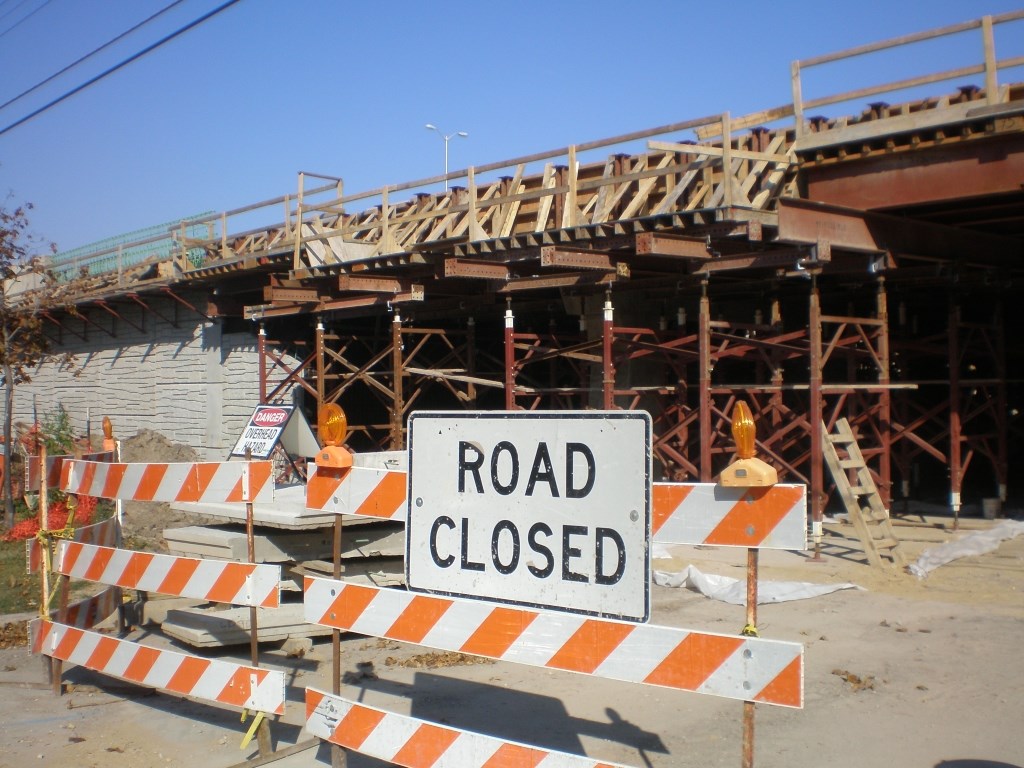The Incredible Decline of State Roads Funding
Nonpartisan report shows percent of state taxes going to transportation fell 48% since 1970.
A recent report from the nonpartisan Wisconsin Policy Forum (WPF) bears directly on the agenda of the newly convened Legislature.
Continuing a practice initiated nearly 50 years ago by the Wisconsin Taxpayers Alliance (now merged with WPF), the research analyzes historic trends in state and local taxes. It measures taxes as a percent of Wisconsin personal income as a gauge of the state’s overall tax burden. Using that benchmark, taxes are at their lowest level in half a century.
WPF data from two different time periods speak in particular to the transportation finance issue. While Governor Tony Evers — and a majority of legislators — believe new revenue is needed, Republicans are divided.
What’s now indisputable is that a declining share of state taxes are devoted to transportation needs. Specifically:
- From 2010 through 2018 — a period of GOP control — the share of state taxes and fees devoted to transportation declined 15 per cent (from 0.75% to 0.64%).
- Since 1970 (the year of Pat Lucey’s election), the share devoted to transportation has declined 48 per cent (from 1.23% to 0.64%).
- The rate of decline far exceeds that of other state taxes. For example, the 15 per cent decline since 2010 compares to an overall decline of less than 2 per cent for various other state taxes (income, sales, etc.).
So, the state steadily has cut the share of revenue used for transportation during a period when needs clearly have grown. Consider: (1) Vehicle miles traveled on state highways have more than doubled since the 1970s; (2) 10,000 new miles of road have been added since 1970; and (3) Interstate freeways paid for by the federal government in the 1950s and 1960s need to be reconstructed.
During the last three decades the state has authorized three different commissions to look at the issue. A task force in the mid-1990s identified an annual shortfall of $155 million without accounting for the multi-billion cost of rebuilding freeways. Two subsequent studies — one in 2006 and one in 2012 (the latter authorized by Governor Scott Walker) — estimated shortfalls in current dollars of about one billion a year.
The state’s response has been a case study in bipartisan governmental malfeasance. The 2005 Legislature repealed indexing of the gas tax at the same time it launched the unavoidable, multi-billion dollar freeway reconstruction plan.
When revenue predictably stagnated, the state followed the path of a spendthrift family that uses credit cards to support a $100,000 lifestyle on $75,000 of income. Under Governors Jim Doyle and Walker, highway debt mushroomed by billions. The borrowing spree doubled the share of gas tax revenue that goes to pay for debt service.
There’s more. Everyone recalls the (legitimate) outrage over Doyle’s raiding of the transportation fund to use for general fund revenue. To his credit, Walker ended that early in his administration. But that was then. The subsequent strain on the fund from his own borrowing prompted Walker and the Legislature to reverse the flow of money. During Walker’s tenure there was a $1.5 billion transfer from general fund revenue to the transportation fund through such actions as general fund-supported borrowing for roads.
The battle lines are clearly drawn for a prolonged, acrimonious transportation finance debate in the current legislative session. A plausible scenario will find Republicans united on most budget issues, but unable to reach consensus on transportation finance.
As things now stand, GOP agreement on transportation will be elusive. Opponents of a higher gas tax own — 100% — the unprecedented debt and the increasing level of road deterioration. Early in the current session they have drawn a clear line in the sand. For example, without offering a scintilla of actual evidence, the leading legislative opponent of raising transportation revenue has stooped to the level of claiming that Governor Evers’ nominee for transportation secretary has “ethical baggage.”
With Governor Evers wielding a powerful veto pen, and a cadre of legislative Republicans opposing new transportation revenue, Democrat votes could be needed to pass a budget that Evers will OK. Time will tell what concessions conservatives will need to make as a consequence of their intransigence over highway funding.
It’s increasingly clear, as the new data from WPF illustrate, that Wisconsin has reduced substantially its relative support for state transportation needs. What is less clear is how or whether the current governor and Legislature will respond.
The Contrarian
-
Parents May ‘Break Up’ MPS
 Feb 8th, 2022 by George Mitchell
Feb 8th, 2022 by George Mitchell
-
School Choice Key Issue in Governor Race
 Sep 1st, 2021 by George Mitchell
Sep 1st, 2021 by George Mitchell
-
Jill Underly Flunks School Choice 101
 Feb 22nd, 2021 by George Mitchell
Feb 22nd, 2021 by George Mitchell





















